Spider Plant Problems!!! :(
JessicaLPlumley
12 years ago
Related Stories
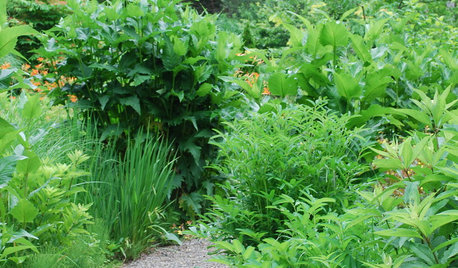
GARDENING GUIDESSolve 3 Common Landscape Problems — With More Plants
Sometimes the best defense is a good offense
Full Story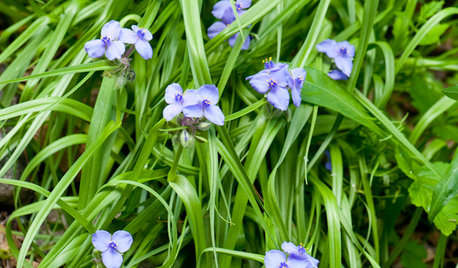
GARDENING GUIDESGreat Design Plant: Tradescantia Ohiensis Adds Shades of Blue
This reliable, adaptable U.S. native provides spider-like foliage and clusters of blue to purple flowers in Eastern gardens each spring
Full Story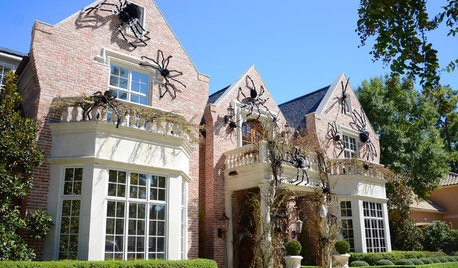
FUN HOUZZSurvey Says: We’re Scared of Being Home Alone — and Spiders
A new Houzz survey reveals that most of us get spooked in an empty house. Find out what’s causing the heebie-jeebies
Full Story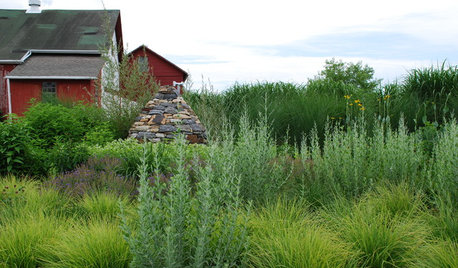
LANDSCAPE DESIGNProblem Solving With the Pros: An Abundant Garden Stretches Its Means
Swaths of resilient, eye-catching plants thrive with little care or resources in the landscape of a Pennsylvania farmhouse
Full Story
LANDSCAPE DESIGNProblem Solving With the Pros: Sustainable Landscape Captures Runoff
An underground cistern, permeable paving and a rain garden are part of this Washington, D.C. yard's thoughtful design
Full Story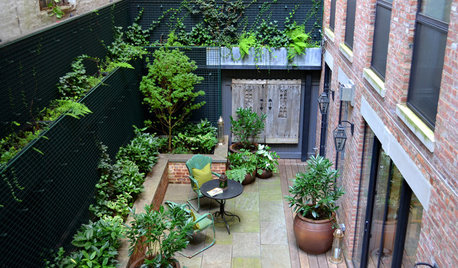
LANDSCAPE DESIGNProblem Solving With the Pros: How to Build a Garden in an Urban Canyon
Skyscrapers, noise and deep shade create an unlikely sweet spot for a timeless green retreat in New York City
Full Story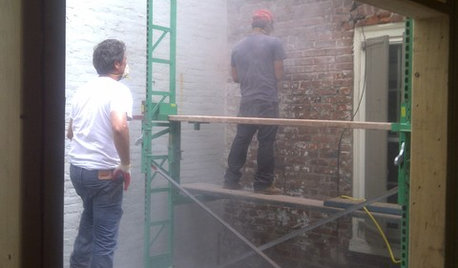
HOUSEKEEPING10 Problems Your House May Be Trying to Show You
Ignore some of these signs and you may end up with major issues. We tell you which are normal and which are cause for concern
Full Story
LANDSCAPE DESIGNProblem Solving With the Pros: Rustic Simplicity in a Country Garden
Editing thoughtfully and adding some magic result in a timeless weekend retreat
Full Story
LANDSCAPE DESIGNProblem Solving With the Pros: A Garden Built From Scratch
Nature is reintroduced and redefined in a Dutch urban setting, to forge a dynamic relationship with city dwellers
Full Story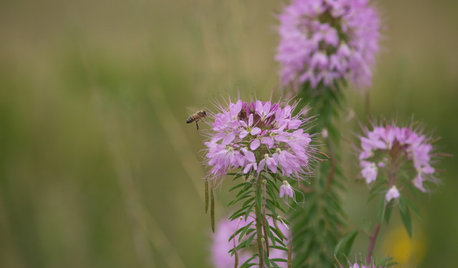
GARDENING GUIDESGreat Design Plant: Cleome Serrulata
Beckon bees and other pollinators in for a drink of nectar from this western U.S. native’s late-summer flowers
Full Story





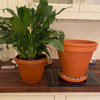
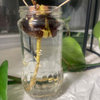
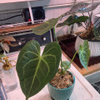
summersunlight
Tiffany, purpleinopp Z8b Opp, AL
Related Professionals
Hyattsville Landscape Architects & Landscape Designers · Bedford Heights Landscape Contractors · Essex Landscape Contractors · Lehigh Acres Landscape Contractors · Morrisville Landscape Contractors · Munster Landscape Contractors · Northbridge Landscape Contractors · Ramsey Landscape Contractors · Red Oak Landscape Contractors · Streamwood Landscape Contractors · Tigard Landscape Contractors · Caledonia Interior Designers & Decorators · East Hanover Interior Designers & Decorators · Suisun City Interior Designers & Decorators · North New Hyde Park Handymantapla (mid-Michigan, USDA z5b-6a)